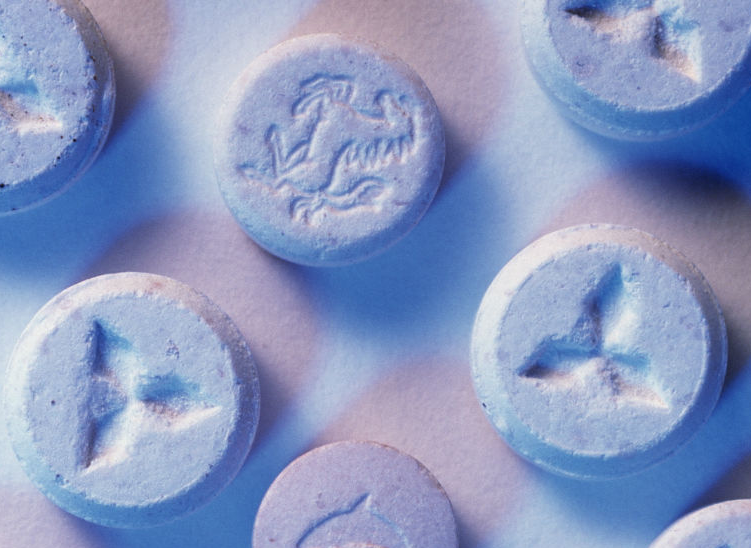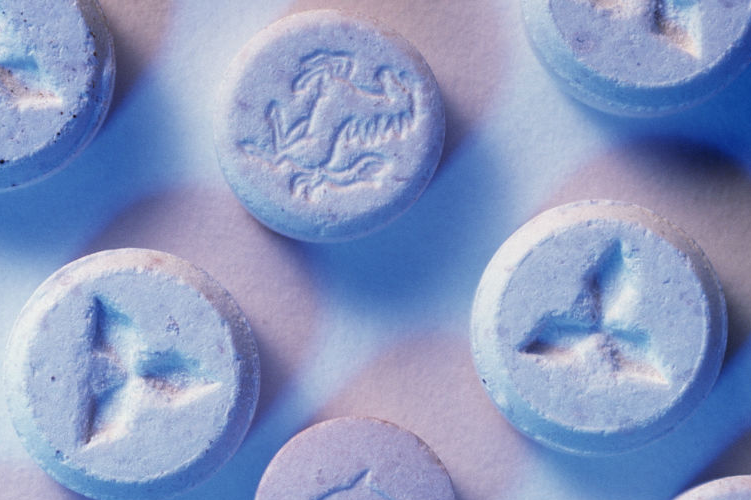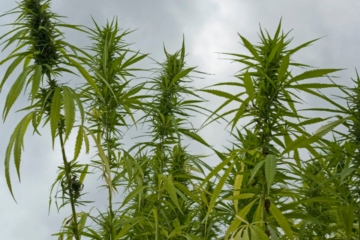A powerful House committee is calling on the Pentagon to provide a formal update on psychedelic therapy trials aimed at treating PTSD in service members and veterans—shedding new light on a previously quiet shift in how the military tackles mental health.
It’s a striking moment: bipartisan interest, science-backed treatments, and a war-fatigued population. This isn’t your typical budget squabble. It’s about hope—and hard data—for those who’ve seen the worst of war.
Committee Votes to Keep the Pressure On
The House Armed Services Committee, now under Republican control, made it official on Tuesday. They passed an amendment to the must-pass National Defense Authorization Act (NDAA), demanding that the Department of Defense (DoD) share a “progress report” on a pilot programme testing psychedelic therapy, including the use of MDMA, for treating PTSD in active-duty troops and veterans.
This amendment, introduced by Rep. Morgan Luttrell (R-TX), sailed through as part of an en bloc package. It didn’t make headlines in the moment—but make no mistake, it’s a big deal. Luttrell, a former Navy SEAL himself, has been vocal about reforming mental health care in the armed forces. Now, he’s pushing for answers—and action.
One lawmaker quietly noted during markup that it’s “not just about funding this time. We need to see what’s working—and where it’s going.”

Psychedelics: From Fringe to Federal Backing
It wasn’t long ago that psychedelics were more Woodstock than West Point. But times have changed. Clinical trials involving MDMA and psilocybin have shown promising results in treating trauma, depression, and addiction. Veterans’ advocacy groups have been pounding the table for this kind of treatment—and Congress, unusually, seems to be listening.
Back in the 2024 version of the NDAA, lawmakers first directed the DoD to explore MDMA-assisted therapy. That pilot programme is still underway.
Now? They want answers.
• What has been achieved so far?
• How are participants responding?
• Is this worth expanding?
The Department of Defense has kept details close, citing ongoing research. But lawmakers clearly want more transparency and faster pacing.
Military Mental Health in Crisis
The backdrop to all this is grim. Rates of PTSD among service members remain high—especially for those who served in Iraq and Afghanistan. According to the National Center for PTSD, between 11–20% of veterans of those wars suffer from post-traumatic stress in any given year.
Traditional treatments? Often slow. Sometimes ineffective.
One Pentagon official (who declined to be named) said, “We’ve used the same therapies for decades. They don’t work for everyone. And our people need more options.”
A single breakthrough could change countless lives. Yet, within the military’s highly structured health system, change tends to crawl.
Here’s What’s Being Tested Right Now
Two major psychedelic trials are currently funded by the DoD. They’re not publicised loudly—but they’re in motion:
| Therapy Type | Substance | Target Group | Current Status |
|---|---|---|---|
| PTSD Therapy | MDMA | Veterans & Active Duty | Ongoing, Phase 2 |
| Depression Study | Psilocybin | Special Operations | Preclinical evaluation |
Officials say early data is promising—but inconclusive. There’s also a tangled web of ethics, policy, and military culture to contend with. Some commanders remain sceptical, concerned about readiness and stigma.
Still, others say the demand is there. Soldiers are signing up. The interest is real.
Lawmakers Send a Message: Move Faster
The new amendment may sound procedural, but it’s really a warning shot. It’s Congress telling the Pentagon: we gave you the green light—now show us what’s on the dashboard.
And it’s not just Republicans. Democrats on the committee supported the move too, signalling rare bipartisan alignment on what has long been a deeply divisive issue.
“This is about making sure our veterans aren’t stuck in an endless loop of medication and waiting lists,” said one staffer involved in the drafting.
Critics, however, warn that pressure could risk rushing sensitive trials. “Science doesn’t move on congressional timelines,” said one DoD health analyst.
That may be true—but Congress writes the cheques. And it wants receipts.
What Happens Next?
The full House will debate and vote on the NDAA later this summer. If the amendment survives, the Pentagon would be required to issue a formal report detailing outcomes, progress metrics, and potential for scaling psychedelic therapy programmes.
It’s unclear how the Senate will respond—but momentum is hard to ignore.
The broader push for psychedelics in medicine is gaining ground fast. Earlier this year, Australia officially began allowing psychiatrists to prescribe MDMA and psilocybin. The U.S. FDA, meanwhile, is expected to review MDMA-assisted therapy for PTSD later this year.
So while the Pentagon is being nudged toward change, it’s not operating in a vacuum. There’s a global shift in motion.
One line from the amendment’s summary sticks out: “The Committee supports the Department’s continued investment in psychedelic therapies to address PTSD among military personnel and veterans.”
That’s not a throwaway. It’s a green light—and maybe, just maybe, a sign of what’s coming next.




